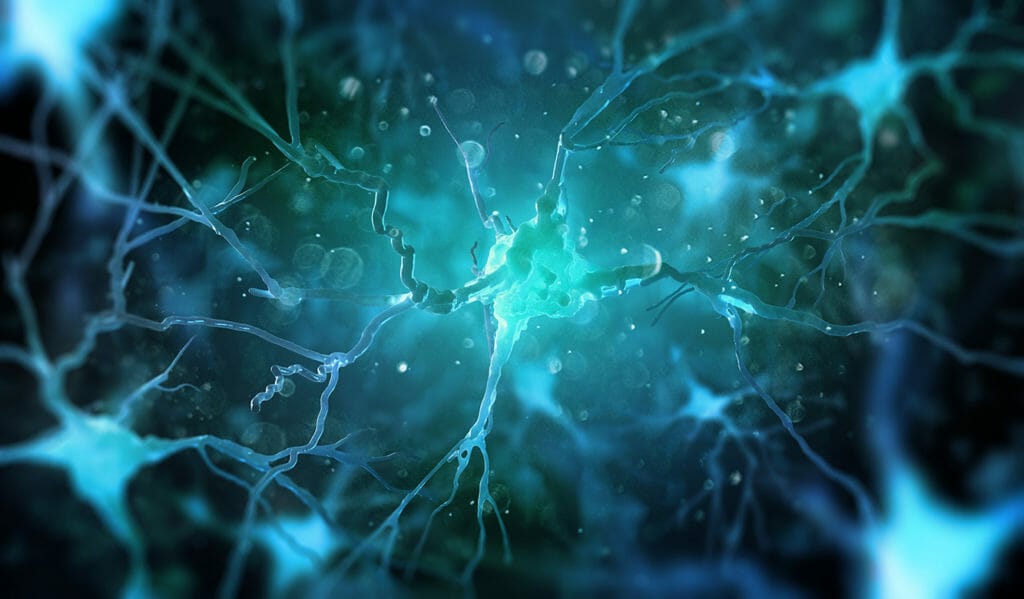Did you know that 34 million working days in the UK were lost due to back pain and other musculoskeletal impairments during 2016?
There can be many reasons for back pain, such as physical injury or trauma, or simply leading a sedentary life and poor posture. However, a little known contributory factor could well be a simple deficiency in magnesium, a key mineral that tends to be greatly lacking from the average British Diet due to the declining nutritional quality of our over-farmed soils and the over-processing of our foods. Indeed, DEFRA reported in 2000 that the average British Diet now only delivers 267mg of magnesium daily, compared to an official daily Nutrient Reference Value (NRV) of 375mg per day.
Strangely, after all the many mainstream medical breakthroughs, we often still consider that there is little we can do to improve this condition, other than the very positive step of seeing a good acupuncturist, osteopath or chiropractor. We may take pain killer or anti-inflammatory medications to manage the back problem or an array of other prescription drugs but a concoction of medications, often coupled with poor food choices, can lead to loss of minerals, including magnesium, from our bodies.
Lack of magnesium has far reaching consequences, as it’s required for optimal bone health, cardiovascular, muscular and connective tissue function, amongst other crucial functions such as production of cell energy (ATP). The integrity of bone matrix is critically dependent on magnesium as well as calcium. There is often a calcium/magnesium imbalance in the body due to magnesium deficiency from the diet, and higher levels of cellular calcium compared to magnesium can also contribute to muscle tension and stiffening of connective tissue. Both the impact on bone health and musculoskeletal system from magnesium deficiency can impact on spine and back health.
But it’s not just lack of magnesium in the diet. The integrity of the gut is a key issue for digestion and absorption of all nutrients, including minerals like magnesium. Increasing green leafy vegetables and following a more plant-based diet not only increases mineral intake but also helps maintain a healthy gut environment for beneficial bacteria to flourish. This can help enhance mineral absorption. If eating more greens is too unpalatable then add a green powder like spirulina to your morning smoothie.
Looking after your back is key to great health so what can you change today to get more movement and magnesium into your life?










